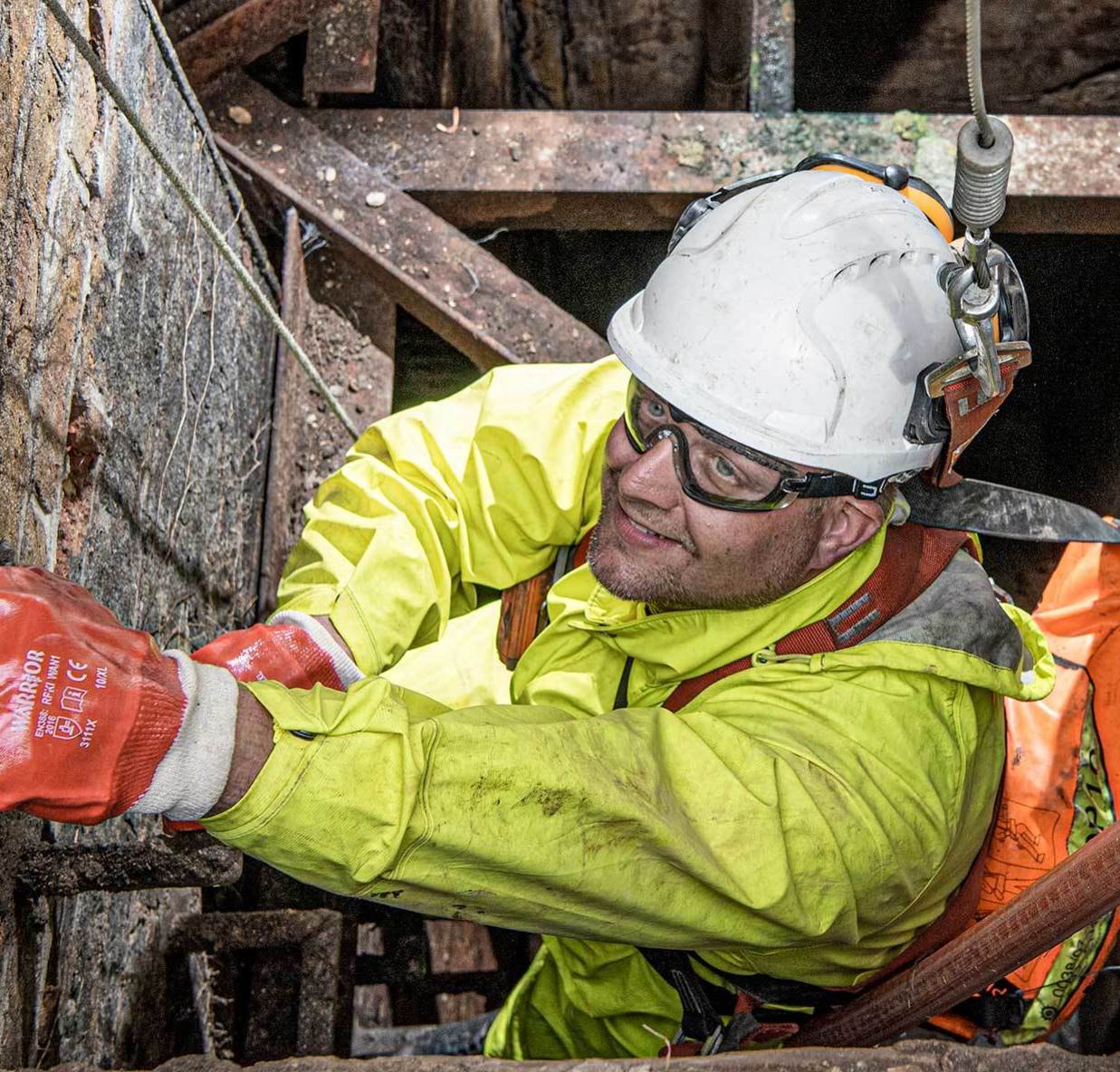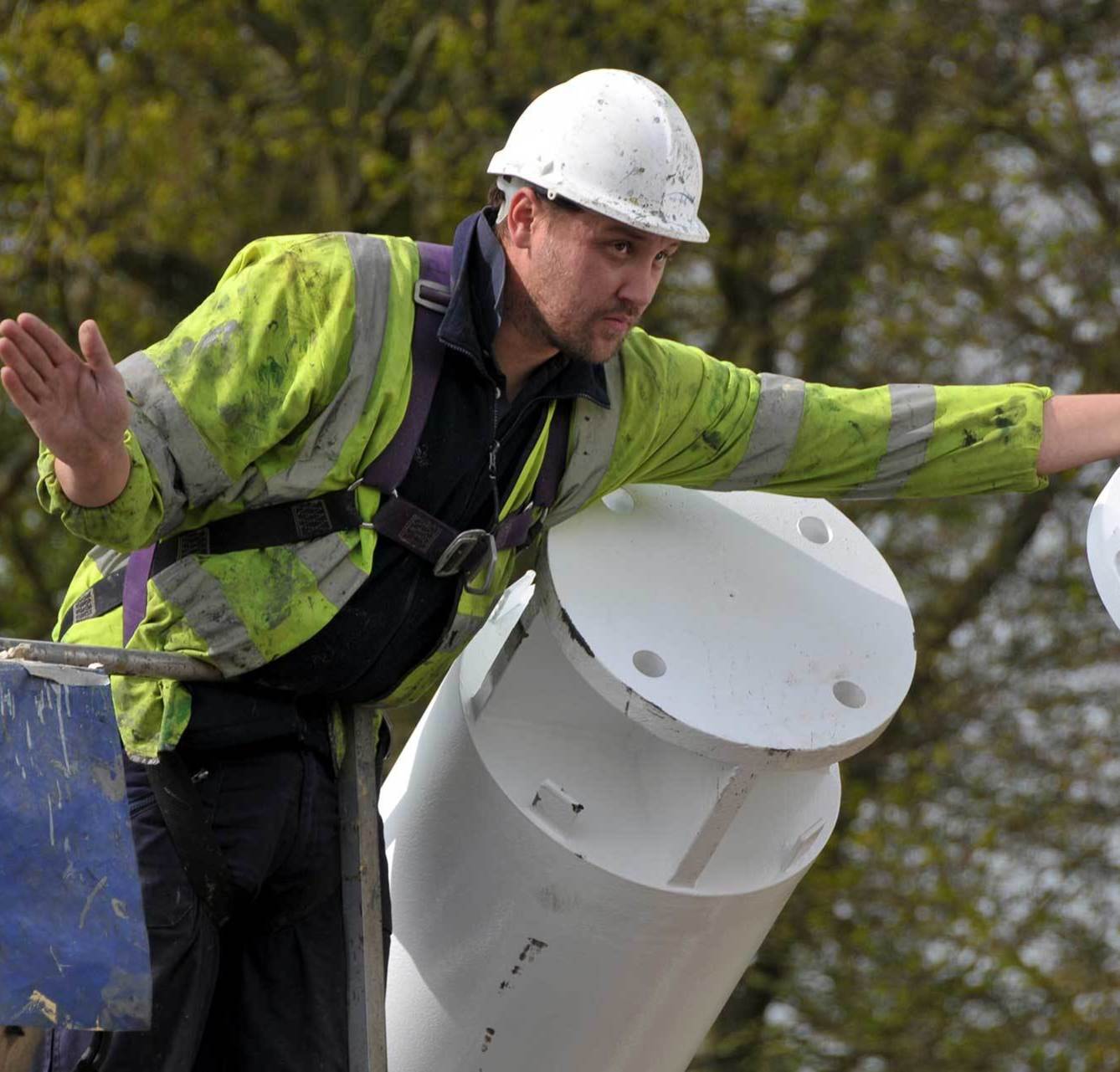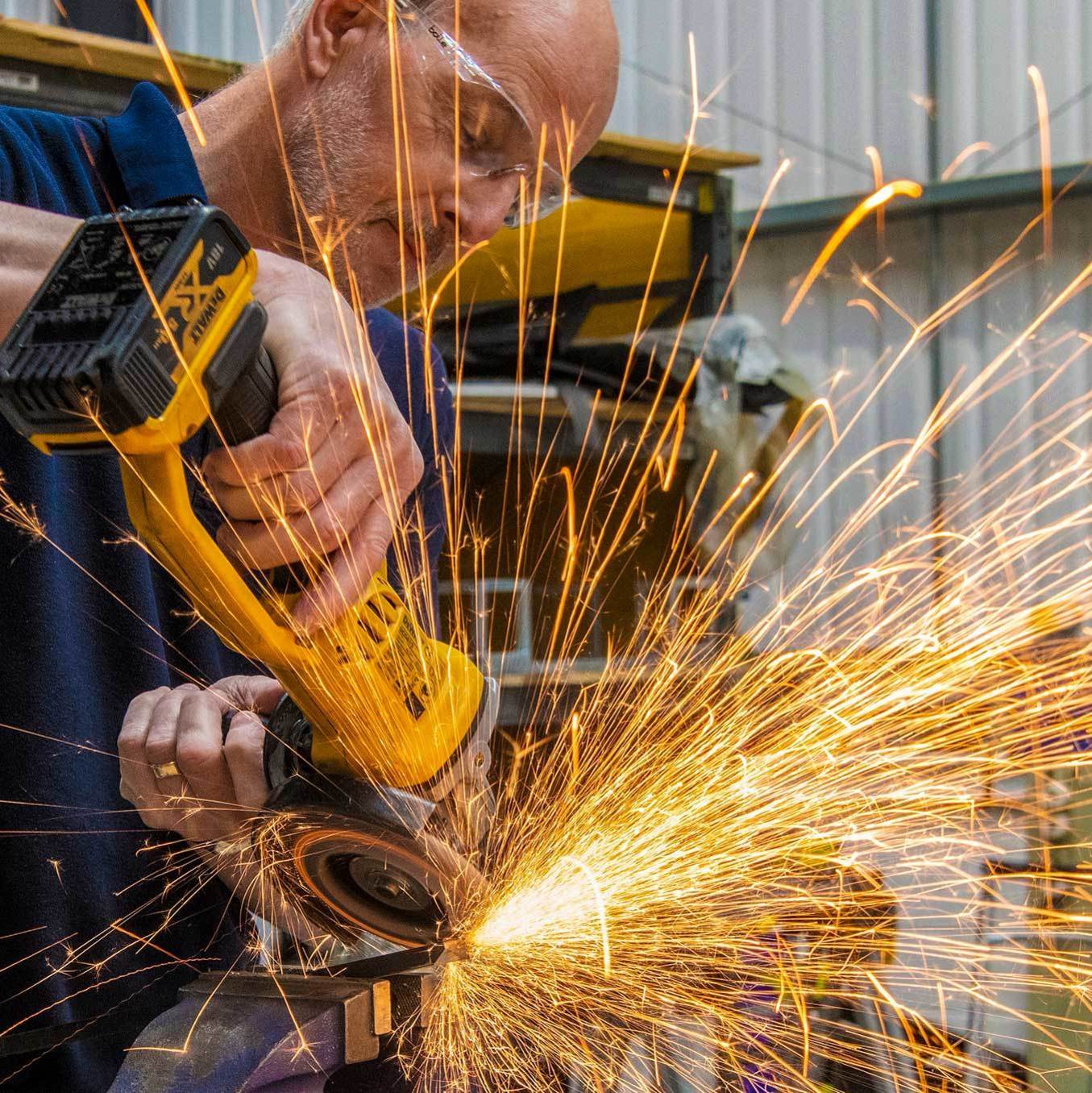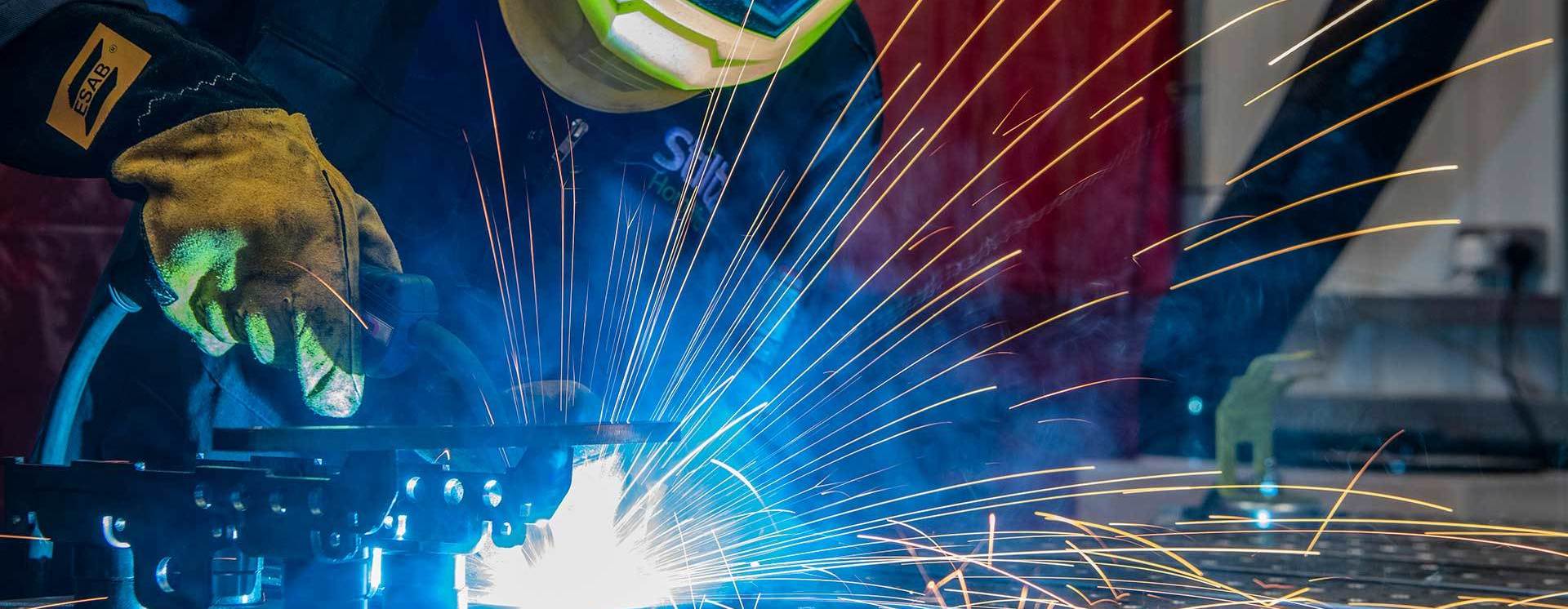What is Industrial Photography?
Posted on 7th February 2023 at 15:34
Industrial photography is becoming an increasingly popular choice for niche and large industries alike to showcase their work uniquely and intriguingly. But what is industrial photography, and what can it achieve for your business? Find out all you need to know right here.
Why Is Industrial Photography Important?
Industrial photography is a specialised type of photography, capturing images of the technology, innovation and hard work behind the industrial processes.
As these industrial processes often take place behind closed doors, many have no idea how the technology performs to complete tasks. Industrial photography offers insight into these processes, one that the public generally doesn’t get to view.
With that said, the demand for industrial photography is constantly increasing, with technology and automation continuing to develop every day. However, many of the industries demanding this type of photography, for example, construction and manufacturing, require not only the skillset for capturing a quality photograph but also staying safe when on set.


What Does an Industrial Photographer Do?
An industrial photographer will capture photographs in industrial settings for a variety of purposes. Some of these purposes may include advertising and PR material, for use on websites and social media platforms or even for demonstrative purposes.
Industrial photographers may also implement their skills to capture creative photographs, which can then be used for galleries or shows. This type of photography assists a business in explaining how they achieve their goals by using visually descriptive images.
Not only does industrial photography capture the manufacturing process as well as the end product, but it also captures the sector’s specialists performing the laborious duties that make this type of photography possible.
Examples of Industrial Photography
Industrial photography focuses heavily on the manufacturing and industrial sectors.
Below are some examples of common industrial photography subjects:

Waterways, rivers and canals

Steel foundries and ironworks

Vehicle assembly lines

Power Stations

Factories

Workers

Water treatment facilities

Solar and wind farms

The inner workings of machines

Military and defence
Cost of Industrial photography
Industrial photography requires much-needed expertise to capture the industry perfectly, and the cost of industrial photography is reliant on a number of factors.
Below are some examples of criteria to consider when budgeting for the work of an industrial photographer:
Location
The location of the shoot is a crucial factor to consider in the pricing of industrial photography. The accessibility and complexity of the chosen location are crucial to take into account, as they will determine how skilled the photographer needs to be in order to carry out the shoot.
Volume of Photographs
The cost may also be reliant on how many photographs of the industrial location are required and how many subjects there are to capture. As a professional photographer’s skill and experience will be implemented into each photograph, be mindful that a portion of the cost will be to encompass this experience.
Amount of Time Required
The length of time the industrial process takes to complete is also key to consider when it comes to industrial photography. If photographs of the entire process are required, and the process is a few hours long, this is likely to cost significantly more than a process that lasts 20 minutes.
Level of Detail
The level of detail required for the photoshoot will also have an effect on the cost of the process. This will also depend on the level of experience in situational safety when a photographer is on site and how deep into the industrial process they will need to be in order to accurately capture the detail. This also includes any site-specific PPE that needs to be worn and whether this is provided for the photographer.

Tagged as: Location Photography, Tech & Engineering Photography
Share this post:



